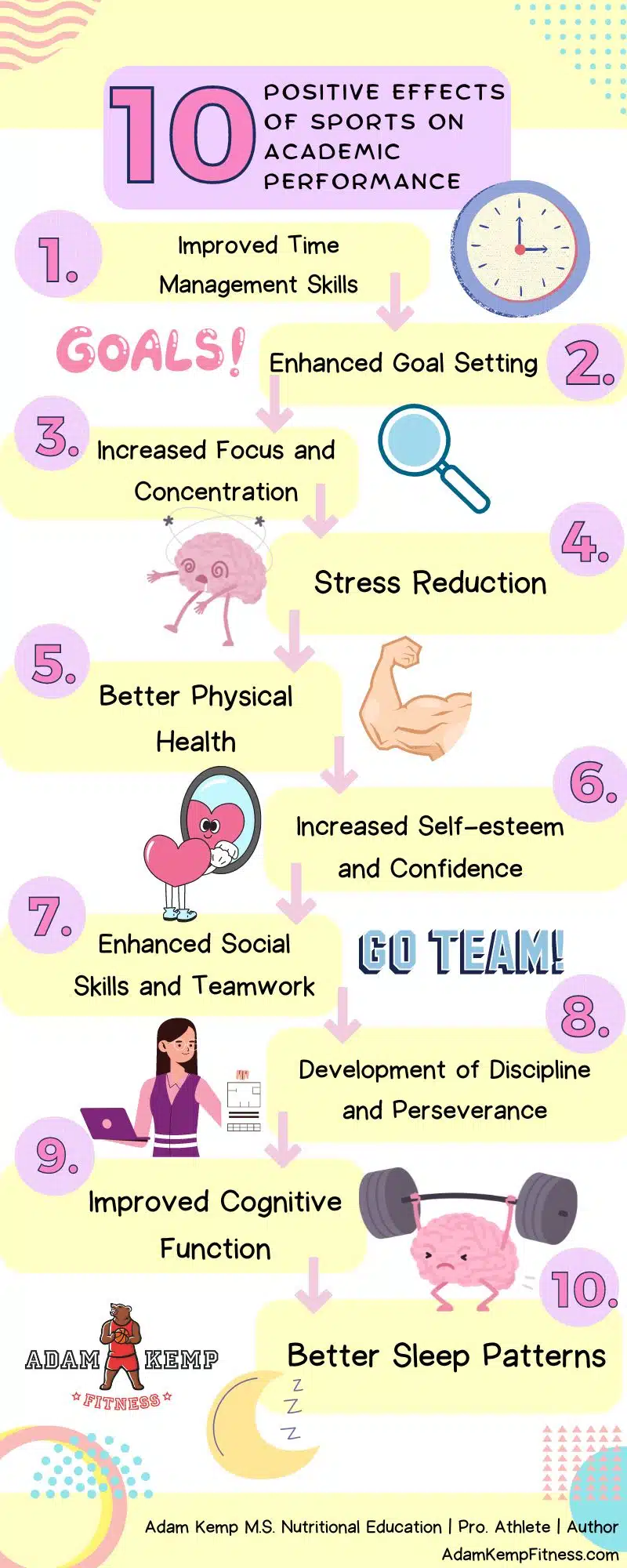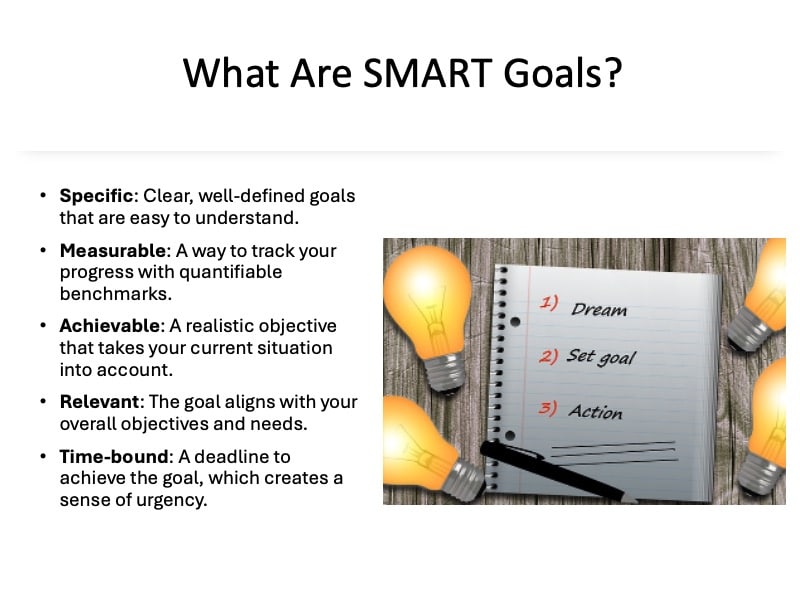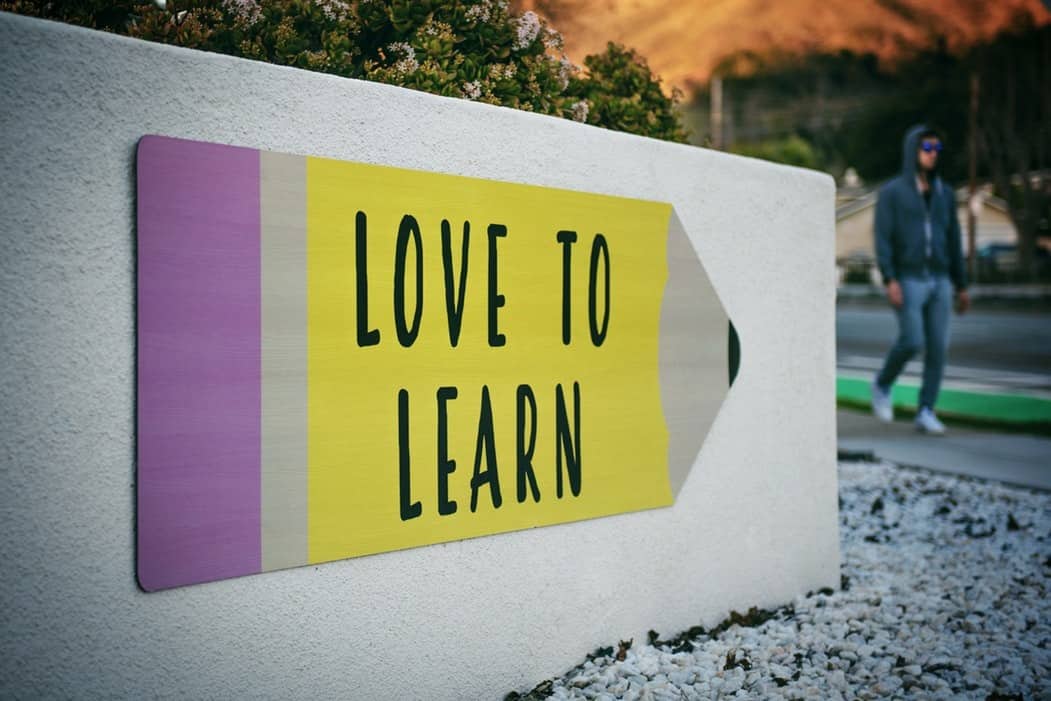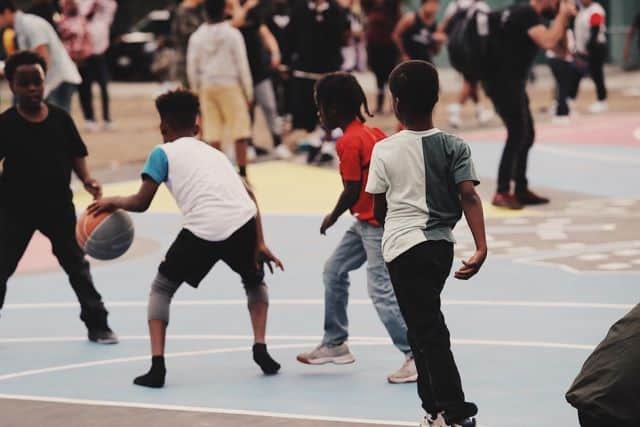Effects of Sports on Academic Performance: Are They Helpful?
The relationship between sports and academic performance is one of the most relevant conversations in youth development today.
For parents, educators, and students alike, understanding the effects of sports participation on academic performance can help shape better school environments and healthier, more capable students.
As a professional basketball player with a master’s degree in Nutrition Education and a bachelor’s degree in Sports Communication, I’ve lived through both sides of this conversation.
My life has been a continuous balancing act between academics and athletics, which has taught me how profoundly sports can benefit academic achievement.
In fact, my most focused and productive academic periods often coincided with basketball season. Ironically, when the season ended and I had more time to study, my grades would drop.
Without the structure, motivation, and routine that sports provided, it was always harder to stay sharp.
From fifth grade through college and into my professional playing career, sports helped sharpen my discipline, improve my time management skills, and support my focus in the classroom.
After high school, I pursued a post-graduate year at The Winchendon School to develop both physically and mentally, before earning my degree at Marist College.
Later, while competing internationally, I returned to school to earn my master’s degree, proving to myself that the positive habits learned through sports could drive lifelong learning.
But this isn’t just about my experience.
Research overwhelmingly supports the idea that physical activity, athletic involvement, and organized sports are linked to improved academic outcomes.
Studies show that students who participate in sports often demonstrate better GPA scores, test performance, memory, executive function, and mental well-being (Khan et al., 2012; Singh et al., 2012; Pinto-Escalona et al., 2022).
However, the data becomes more nuanced when we examine elite-level athletes.
While recreational sports often improve student success, high-intensity sports participation may occasionally interfere with academic outcomes due to time demands and psychological stress (Pinto-Escalona et al., 2022).
That’s why it’s critical to explore both the positive effects of sports on academic performance and the challenges faced by high-performing young athletes.
In this article, I’ll use both research and real-world insights to explore the full picture, including how playing sports affects students academically, how sports shapes cognitive and emotional development, and where sports may create academic strain when not properly supported.

Why Are Sports and Academic Performance Related?
The relationship between sports and academic performance exists because both demand and reinforce similar cognitive, emotional, and behavioral skills.
When students participate in sports, they regularly develop executive functions such as focus, discipline, emotional regulation, and goal setting, all of which are essential for academic success.
Physical activity also increases blood flow to the brain, promotes the release of neurotrophins like BDNF (brain-derived neurotrophic factor), and stimulates regions of the brain responsible for learning, memory, and decision-making (Erickson et al., 2019; Chaddock-Heyman et al., 2016).
Sports also cultivate time management, perseverance, and stress resilience, helping students stay organized and motivated in the face of school-related challenges.
These psychological benefits are especially valuable for improving classroom behavior, task persistence, and test performance (Singh et al., 2012).
In essence, sports and academics both build the brain, just in different but complementary ways.
Positive Effects of Sports on Academic Performance
Several factors exist in the relationship between sports and academic performance. Below are some of the factors which affect students’ academic performance who engage in sports:
Improved Time Management Skills
Athletes must often juggle training, competitions, and academic responsibilities.
This necessitates the development of superior time management skills.
Research indicates that student-athletes tend to be more efficient and better organized in their use of time, which directly benefits their academic performance (Trudeau & Shephard, 2008).
They learn to prioritize tasks and manage their schedules effectively, a skill that is invaluable in an academic setting.
Goal Setting Ability and Skills
Participation in sports instills a sense of purpose and direction through goal setting.
Athletes are trained to set specific, measurable, achievable, relevant, and time-bound goals (SMART goals), a process that can be translated into academic achievement.

This mindset helps students set academic objectives and strive towards them with dedication and consistency.
Increased Focus and Concentration
Regular physical activity, such as participating in sports, has been linked to improved concentration, attention, and classroom behavior.
Studies have shown that physical activity can improve cognitive functions like memory and executive control, which play a significant role in learning and academic achievement (Singh et al., 2012).
Stress Reduction
Physical activities, including sports, are effective in reducing stress and anxiety.
Stress can significantly impair academic performance by affecting concentration, memory, and motivation.
Exercise triggers the release of endorphins, known as ‘feel-good’ hormones, which act as natural stress relievers.
This improvement in mental well-being is beneficial for students in coping with academic pressures (Ratey & Hagerman, 2008).
Better Physical Health
Engaging in sports promotes better physical health, which is directly related to academic performance.
Healthy students are more likely to attend school regularly and are better equipped to engage in learning activities.
Physical health impacts energy levels, immunity, and overall ability to participate in school activities (Penedo & Dahn, 2005).
Increased Self-esteem and Confidence
Sports participation can significantly boost a student’s self-esteem and confidence.
Success in sports provides a sense of accomplishment and reinforces the belief in one’s abilities.
This heightened self-confidence can translate into a more positive attitude toward academic tasks and challenges (Eime et al., 2013).
Better Social Skills and Teamwork
One of the primary benefits of team sports for kids is that they are particularly effective in developing social skills and teamwork.
These sports require communication, cooperation, and understanding among team members, skills that are highly valuable in collaborative academic projects and group learning environments.
The ability to work effectively in a team is a key skill for academic success (Slutzky & Simpkins, 2009).
Development of Discipline and Perseverance
Sports require discipline, commitment, and perseverance, qualities that are equally important in academic pursuits.
Athletes learn to stay dedicated in the face of challenges and setbacks, a trait that can help students persevere through difficult academic tasks and assignments (Dotterer & Wehrspann, 2016).
Improved Cognitive Function
Regular participation in physical activities, such as sports, is associated with better cognitive function and improvements, such as becoming a better writer.
Studies have shown that exercise can lead to improvements in mental health, brain health, and cognitive processes such as memory, attention, and processing speed, all of which are crucial for academic success (Hillman et al., 2008).
Integrating school-based mental health services alongside physical education initiatives can further amplify these cognitive benefits by addressing emotional barriers to learning and supporting the whole child.
Better Sleep Patterns
Engaging in regular physical activity is known to improve sleep patterns.
Quality sleep is essential for learning and memory consolidation.
Good sleep helps maintain focus, decision-making abilities, and creativity, which are all important for academic performance.
Athletes often experience deeper and more restful sleep, which contributes to better academic outcomes (Driver & Taylor, 2000).
Negative Effects of Sports on Academic Performance
While sports offer a wide range of benefits for student development, there are also potential drawbacks, especially when participation becomes intense, unbalanced, or unsupported by proper academic infrastructure.
Understanding these challenges is essential for parents, educators, and students navigating the dual path of academics and athletics.
Time Constraints and Overload
One of the most well-documented downsides of sports participation, particularly at the elite or competitive level, is the limited time available for academic activities.
Student-athletes often face rigorous practice schedules, travel demands, and competitions that reduce the hours available for studying, completing assignments, and sleeping.
A 2022 study of over 1,100 Spanish adolescents found that young elite athletes scored significantly lower in academic performance than their non-athlete peers, both in high school GPA and standardized university entrance exams (Pinto-Escalona et al., 2022).
The authors suggest that time constraints and difficulty balancing sport and study demands are key contributors to this gap.
Academic Prioritization Challenges
Highly committed athletes may prioritize athletic development over schoolwork, especially when they envision a professional sports career.
This mindset can lead to missed classes, delayed assignments, and a general devaluation of academic success, particularly in environments where sports are more heavily rewarded than academics.
This phenomenon has been echoed in previous studies, where student-athletes reported structuring their academic decisions, such as course selection and study time, around their training schedules rather than educational interests (Cosh & Tully, 2014; Gavala-González et al., 2019).
I experienced this as well, as I chose to study Sports Communications in college instead of pursuing a more challenging or unique major, as many other majors and degree paths wouldn’t have allowed the flexibility I needed to compete as an NCAA Division I basketball player.
Mental Fatigue and Burnout
Participating in high-level sports requires intense mental focus and emotional resilience, which can lead to psychological fatigue when combined with academic pressure.
Over time, this dual stress can contribute to burnout, reduced motivation for schoolwork, and even mental health challenges like anxiety and depression.
Although sports are generally known to relieve stress, the pressure to perform in both arenas can produce the opposite effect in student-athletes, particularly during competitive seasons or exam periods.
Lack of Flexibility in Academic Systems
In many cases, the structure of school systems does not adequately support dual-career athletes.
Rigid class schedules, mandatory attendance policies, and inflexible deadlines can make it difficult for student-athletes to manage their responsibilities.
Without adaptive academic planning, tutoring options, or faculty support, even highly motivated students may fall behind.
This is especially true for sports that require frequent travel or long training hours, such as tennis, basketball, or swimming at the elite level.
Possible Cognitive Trade-Offs
Emerging evidence also suggests that excessive training loads may have diminishing cognitive returns.
A curvilinear relationship has been proposed, where moderate sports participation improves executive functions, but high-intensity involvement may impair certain academic skills, such as attention or memory (Becker et al., 2018; Esteban-Cornejo et al., 2015).
These findings don’t suggest that sports are harmful across the board, but they do underscore the need for balance, thoughtful scheduling, and strategic support systems to ensure student-athletes don’t sacrifice cognitive development or academic success.
Final Thoughts: Are Sports Good for Academic Performance?

The link between sports and academic performance runs deeper than most people realize, which is why sports participation is one of the most powerful health and fitness tips for children.
From my own experience as a professional athlete with multiple degrees, I’ve seen how sports shape not just physical health but also mental sharpness, time management, and self-confidence.
Additionally, sports boost cognitive function, improve focus, and teach essential life skills like discipline and perseverance, all of which translate directly to the classroom.
Structured fitness classes for kids provide many similar benefits, but nothing beats the actual benefits of team sports!
It’s not just about staying active; it’s about learning how to manage stress, stay motivated, and work as part of a team.
These are skills that help students thrive, both academically and personally.
Sports aren’t just an add-on to education; they’re a core part of developing well-rounded, successful individuals.
When schools, parents (even homeschooling parents), and policymakers recognize this, they can create educational programs that set students up for success, both in school and beyond.
Frequently Asked Questions About Sports and Academic Performance
This website does not provide medical advice. This website site does contain affiliate links, and purchases may earn a commission.
Read my Medical Disclaimer, Review Disclaimer, and Publishing Policies for more details. Use of this site indicates acceptance of these terms.



